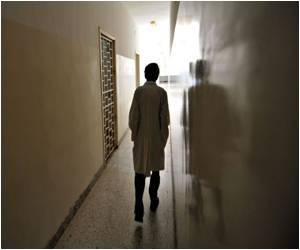A survey has identified career burnout as a significant problem among neurologists who predominantly work with hospital inpatients.

Results were published in the December, 2012 issue of Neurology® Clinical Practice. Among the co-authors is Jose Biller, MD, chair of the Department of Neurology of Loyola University Chicago Stritch School of Medicine. Biller is chair of the Neurohospitalist Section of the American Academy of Neurology.
Many neurologists have limited or abandoned seeing hospital patients because of reduced reimbursement. At the same time, inpatient neurologic care is becoming increasingly complex. The neurohospitalist movement has emerged as a possible solution to both problems.
In the survey, respondents said advantages of the neurohospitalist model include timely and high-quality care, improved continuity of care during the hospital stay, familiarity with hospital systems and defined work schedules.
Disadvantages included long work hours, poor reimbursement and transitions between the hospital and clinic settings.
Researchers conducted a random sample of 1,293 neurologists, with a response rate of 41.6 percent. Among those who responded, 16.4 percent said they were neurohospitalists. (A neurohospitalist was defined as a neurologist whose predominant focus is the care of inpatients as either a consultant or primary attending physician.)
Advertisement
Researchers concluded that neurohospitalists "are a potential solution to a number of the pressures on traditional neurologist practice." However, challenges need to be resolved, "not the least of which are potentially problematic transitions of care and burnout concerns given a small workforce. As the model matures, further study will be worthwhile, of both neurohospitalists and their impact on the inpatient care of patients with neurologic disorders."
Advertisement
Biller is one of five neurohospitalists at Loyola. "I believe the neurohospitalist model we have developed at Loyola will evolve into a national paradigm on how to optimally provide care of hospitalized patients with a wide array of neurologic disorders," he said.
Biller added that hospital administrators "should support fellowship training for this new breed of neurologists."
Source-Eurekalert










